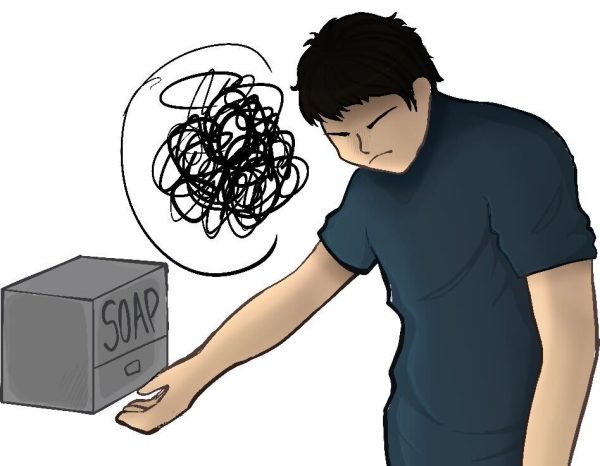The Bar-On Brief: We don’t want to relive the Prohibition era
Making smoking a burden is more effective than banning it

While federal smoking limitations are relatively limited, several cities have enacted tougher laws and restrictions against smokers, with some entire states adopting common legislation.
California has always been a pioneer in the fight against smoking. It was the first state to unify city laws and enact statewide smoking regulations in 1995.
Governor Jerry Brown signed a bill last week raising the legal smoking age in California from 18 to 21. California was the second state to do so after Hawaii to enacted such legislation earlier this year.
Today’s society and new political actions such as California’s are making it harder and harder for people to smoke.
It is important to remember, however, that the goal here is not to punish the smokers — it’s to regulate the substance they are hooked on: C10H14N2, better known as nicotine.

Aside from its detriments to health, nicotine can be dearly thanked for its contribution to American society. Indeed, without nicotine, the world would not have become hooked on the tobacco products that made the southern colonial American economy thrive.
Perhaps that is the reason it has never been entirely banned like alcohol was in the 1920s.
While America does owe gratitude to nicotine, our patriotic love for the drug is not the reason why it should remain legal.
The reason why is because California has no desires to relive the Prohibition era of the 1920s. Legislation banning alcohol consumption did not eradicate it. In fact, the opposite happened.
A rise in organized crime, featuring criminals like the infamous Al Capone, swept the streets of America, causing gangs to fight over selling illegal drinks. Corruption of law enforcement and the court system reached an all-time high.
The so-called “noble experiment” was an utter disaster.
In order to truly combat nicotine, California must continue leading the nation in making smoking a hassle, as it has been and will continue to do through last week’s bill.
In modern times, smokers pay high taxes when buying products. They are also confined to smoking areas that decrease in size and quantity every year and are forced to deal with stigma associated with their habit.
Pro-smoking commercials are banned from television, and anti-smoking campaigns have been active around the nation for years.
And thanks to last week’s bill, youth under 21 will have a harder time of simply obtaining a cigarette.
With the difficulty of purchasing, paying for and smoking cigarettes, their popularity will naturally decrease.
It would be a mistake to completely ban them. Nicotine must be moderated, but so too should its moderation.
And with that, I rest my case.










